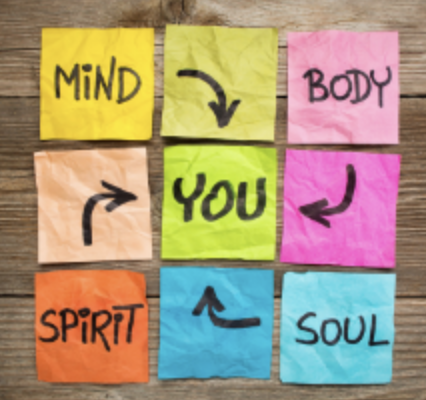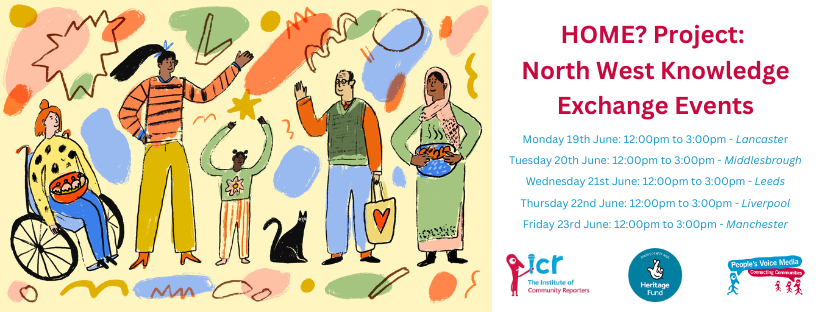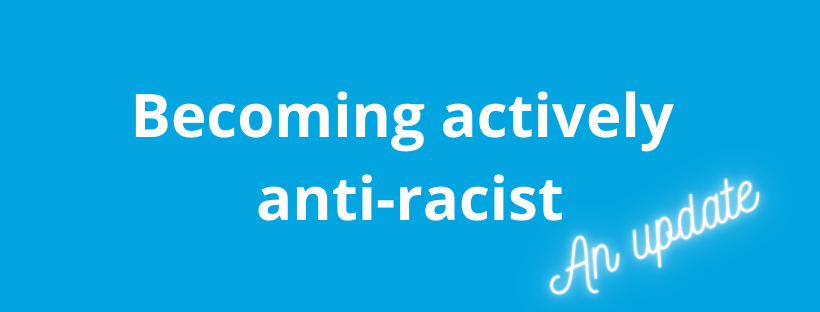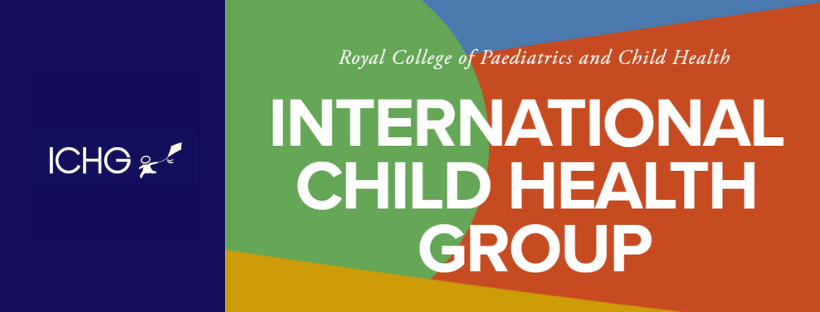THE CAPE PROJECT: NEW RESEARCH INTO ACES & CHRONIC PAIN

The Consortium Against Pain in Equalities (CAPE) from Dundee University and People’s Voice Media have been working with and using Community Reporting to help with research.
CAPE are conducting research into whether there is a link between adverse childhood experiences (ACEs) and high levels of chronic pain in adult life in the most deprived communities and looking at the consequences of this.
The interaction between the CAPE project, People’s Voice Media and the Community Reporter network has demonstrated how lived experience stories can be used as a valuable research tool. To contribute to this research, People’s Voice Media collected stories of people’s experiences of living with pain. At the heart of these stories have been many challenges, but also many opportunities. We’ve now pulled together these narratives and an animator has been commissioned to produce an animation.
The animation will be used in training settings to help practitioners and people supporting people with long term chronic pain to understand the importance of empathy and communication. Understanding individuals’ lived and living experiences of pain can lead to effective change for all.
In all the collected narratives, being believed and understood were key. Many participants reported that a turning point for them in managing their pain had been when just one person believed them and showed empathy. Sometimes this was from a clinician, but many had found peer support invaluable, to know that they were not alone. Empathy is crucial for people living with pain, and it’s needed within all the interactions people have, from interpersonal relationships to statutory health and social care providers in addition to employers.
Key themes from the lived experience narratives included; work, access to information, advice and guidance and feeling able to do the things that most people take for granted like leisure activities.
These are often difficult because people living with chronic pain might only use their energy for essential tasks, like going to the chemist or doing the household laundry. It might also mean they feel excluded from leisure activities because they can’t do the same or as much as their friends, or perhaps their pain is just not understood by others.
Additional key points are around the prejudice and discrimination experienced by people living with chronic pain. It’s clear from these narratives that chronic pain affects every part of people’s lives, including intimacy and how people view themselves in respect of a relationship. These lived experiences demonstrate the various responses people receive when seeking help and understanding to manage their pain. Many had negative or indifferent responses from others.
Empathy is vital if we want effective and sustainable change in society and the services people access. We need to consider the challenges people face from different perspectives. Then we need to develop more inclusive and equitable solutions, and ultimately, work towards a better world for those living with pain. All this starts by putting ourselves in another person’s shoes and experiencing their emotions and struggles.
The narratives that PVM collects is one way to do this, by listening to individuals’ stories first hand and thinking about what we might do or feel if we were them. Empathising means we can acknowledge their experiences and validate their feelings. It can also mean recognising the barriers that stop people from accessing resources and opportunities.
Through empathy we can start to understand different groups’ lived experiences and develop solutions that are more inclusive and equitable.



